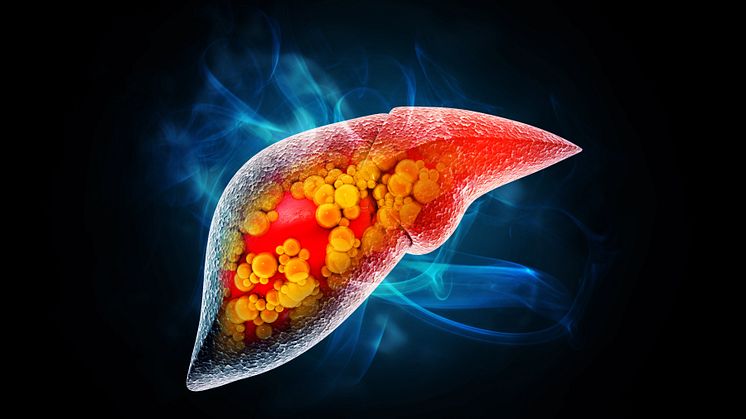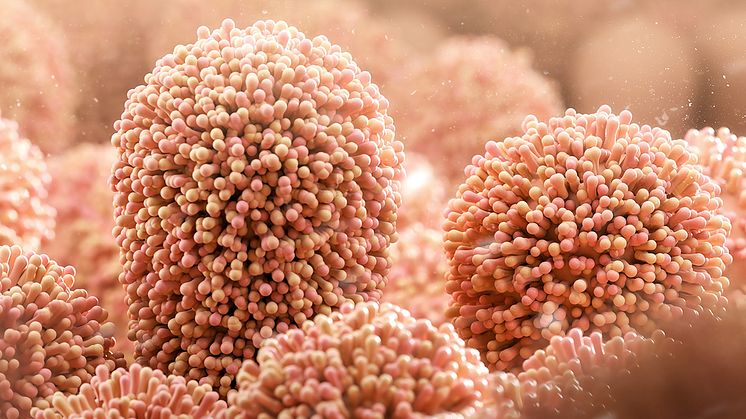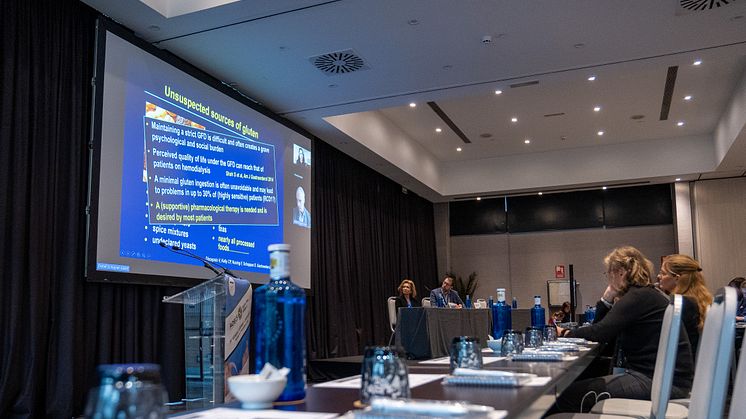
Press release -
AOECS Scientific Research eBook - Impact of Gluten-Free Diets on Coeliac Disease Patients
New research from the ARCTIC study, presented in the AOECS Scientific Book 2024, sheds light on the complex relationship between gluten-free diets and the body composition of individuals with coeliac disease. These findings suggest that despite the benefits of a gluten-free diet, patients may still face significant health challenges.
While a gluten-free diet remains crucial for managing the condition, the research results suggest that a strict gluten-free diet does not necessarily normalise body composition and can lead to metabolic complications including fatty liver disease and cardiovascular risk factors.
There is a need for increased attention to weight control, dietary guidance, and lifestyle counselling, and the timely recognition and prevention of cardiovascular and metabolic diseases in coeliac patients.
The key findings in the study were:
Unfavourable Body Composition Changes
Patients with coeliac disease, even when adhering to a gluten-free diet (GFD), often experience less increase in fat-free body mass and a significantly higher increase in fat content. This means that while patients may gain weight on a gluten-free diet, the change in body composition is generally unfavourable
Increased Risk of Fatty Liver (Hepatic Steatosis)
A significantly higher percentage of coeliac patients (36%) developed hepatic steatosis compared to the control group (13.8%). One-third of celiac patients with normal BMI also had hepatic steatosis, indicating that this condition is not solely linked to being overweight.
Also, a large majority (83%) of celiac patients with hepatic steatosis met the criteria for Metabolic Dysfunction-Associated Liver Disease (MASLD), compared to 60% of controls with hepatic steatosis.
Adherence to a gluten-free diet did not influence the development of hepatic steatosis, suggesting that factors beyond diet play a significant role
Cardiovascular Risk Factors
A considerable portion of coeliac patients in the study had at least one cardiovascular risk factor, such as obesity, hypertension, carbohydrate metabolism disorders, or dyslipidemia.
However, while there were higher mean values in coeliac patients for BMI, skeletal muscle mass, percent body fat, and visceral fat area, the differences compared to the control group were not statistically significant
About the AOECS Scientific Book
The ARCTIC study and other cutting-edge research in the field of coeliac disease are featured in the AOECS Scientific Book. This publication brings together the latest findings and advancements in coeliac research, providing a deeper understanding of the condition and its management. The AOECS Scientific Book is intended to be a tool for anyone seeking to stay informed about this complex disease.
About the ARCTIC study
The studies, conducted across three university centres, used an Inbody 770 device to measure body composition parameters and ultrasound to assess hepatic steatosis. A total of 97 patients with celiac disease and 47 healthy control individuals were included in the research.
Acknowledgements
The study was non-industry funded and supported by the University of Pécs Medical School and the National Research, Development, and Innovation Office in Hungary.
Related links
Topics
Categories
The Association of European Coeliac Societies (AOECS) is an independent, non-profit umbrella organisation of over 40 member and affiliated National Coeliac Societies. Together with our members, we represent people affected by coeliac disease or dermatitis herpetiformis across Europe and beyond.
We are involved in several international initiatives to raise awareness of coeliac disease, gluten free diets, and encourage research into coeliac disease early diagnosis, patient’s quality of life and cure.






